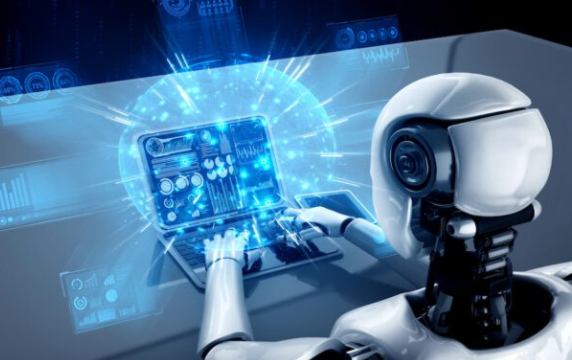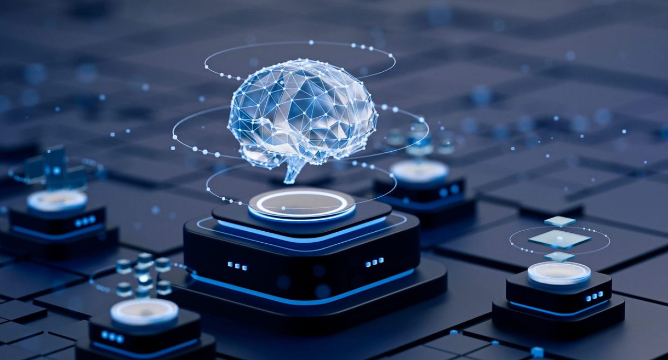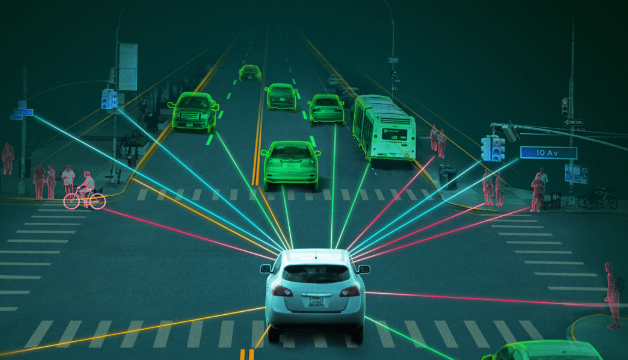Artificial intelligence (AI) is revolutionizing healthcare by improving diagnostics, treatment plans, and patient care. By 2025, AI-powered medical tools will enhance early disease detection, personalized medicine, and hospital efficiency. Let’s explore how AI is shaping the future of healthcare.
How AI is Revolutionizing Healthcare
- AI-Powered Medical Imaging & Diagnostics
AI analyzes X-rays, MRIs, and CT scans with high accuracy, helping doctors detect diseases like cancer and neurological disorders earlier. - Personalized Treatment & Precision Medicine
AI customizes treatment plans based on genetic data, patient history, and real-time health monitoring. - AI in Robotic Surgery & Assisted Procedures
AI-driven robotic systems enhance surgical precision, reduce risks, and improve recovery times. - Predictive Analytics for Disease Prevention
AI forecasts health risks based on patient data, enabling early intervention and preventive care. - Automated Administrative Tasks & Virtual Health Assistants
AI streamlines hospital workflows, automates patient scheduling, record-keeping, and billing, reducing administrative burdens.
Challenges of AI in Healthcare
- Data Security & Privacy: Ensuring patient data is protected from breaches and unauthorized access.
- Regulatory Compliance: AI-driven healthcare solutions must meet strict medical regulations and ethical standards.
- Human-AI Collaboration: AI should enhance, not replace, human medical professionals to maintain trust and accuracy.
The Future of AI in Healthcare
By 2025, AI will integrate with wearable health tech, telemedicine, and blockchain to create a connected, data-driven healthcare system. AI-powered solutions will continue to improve diagnosis accuracy, reduce healthcare costs, and enhance patient outcomes.
Conclusion
AI is transforming healthcare into a more efficient, personalized, and data-driven industry. As AI-driven medical technology advances, the future of healthcare will be faster, smarter, and more accessible, benefiting both patients and medical professionals worldwide.





